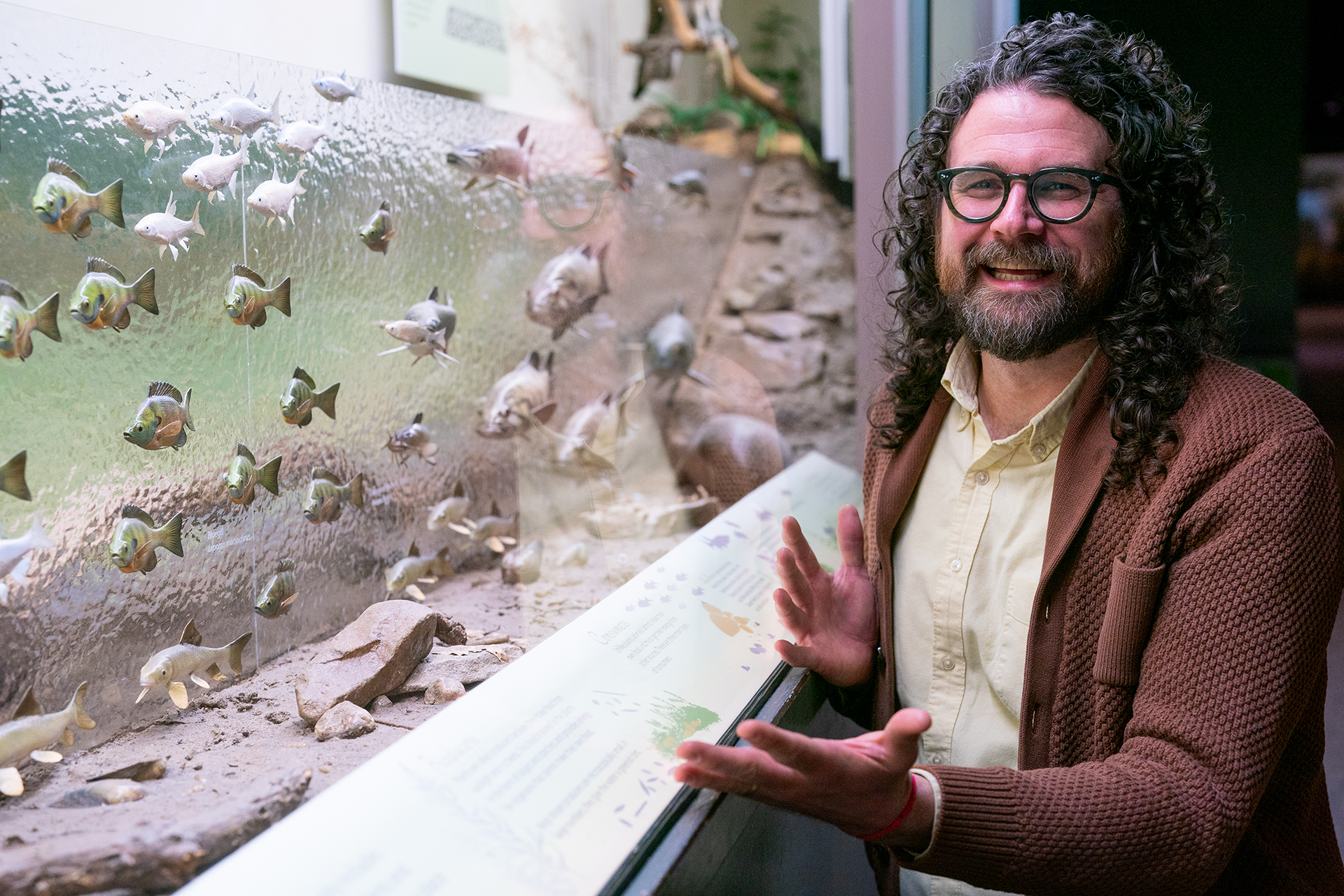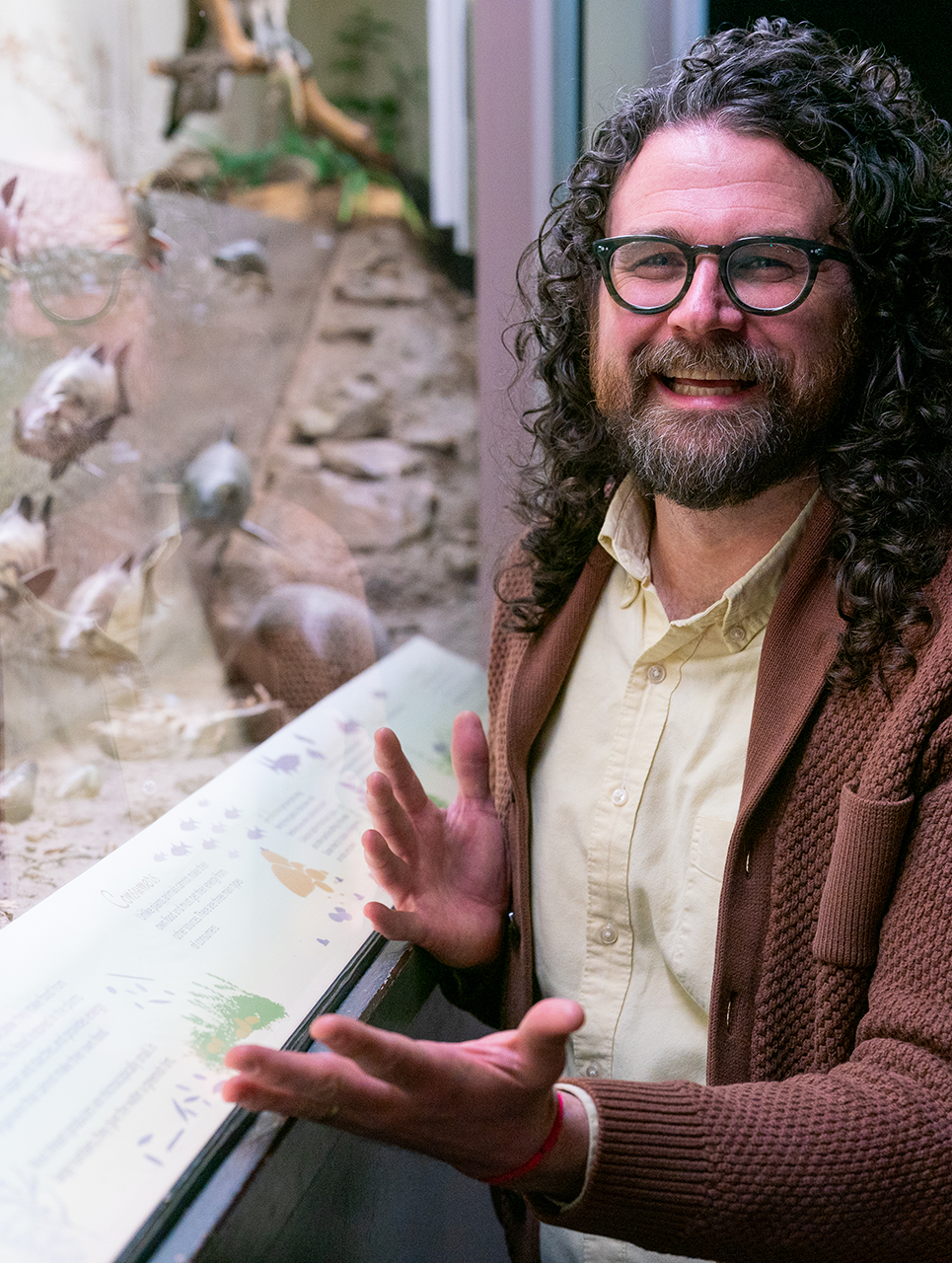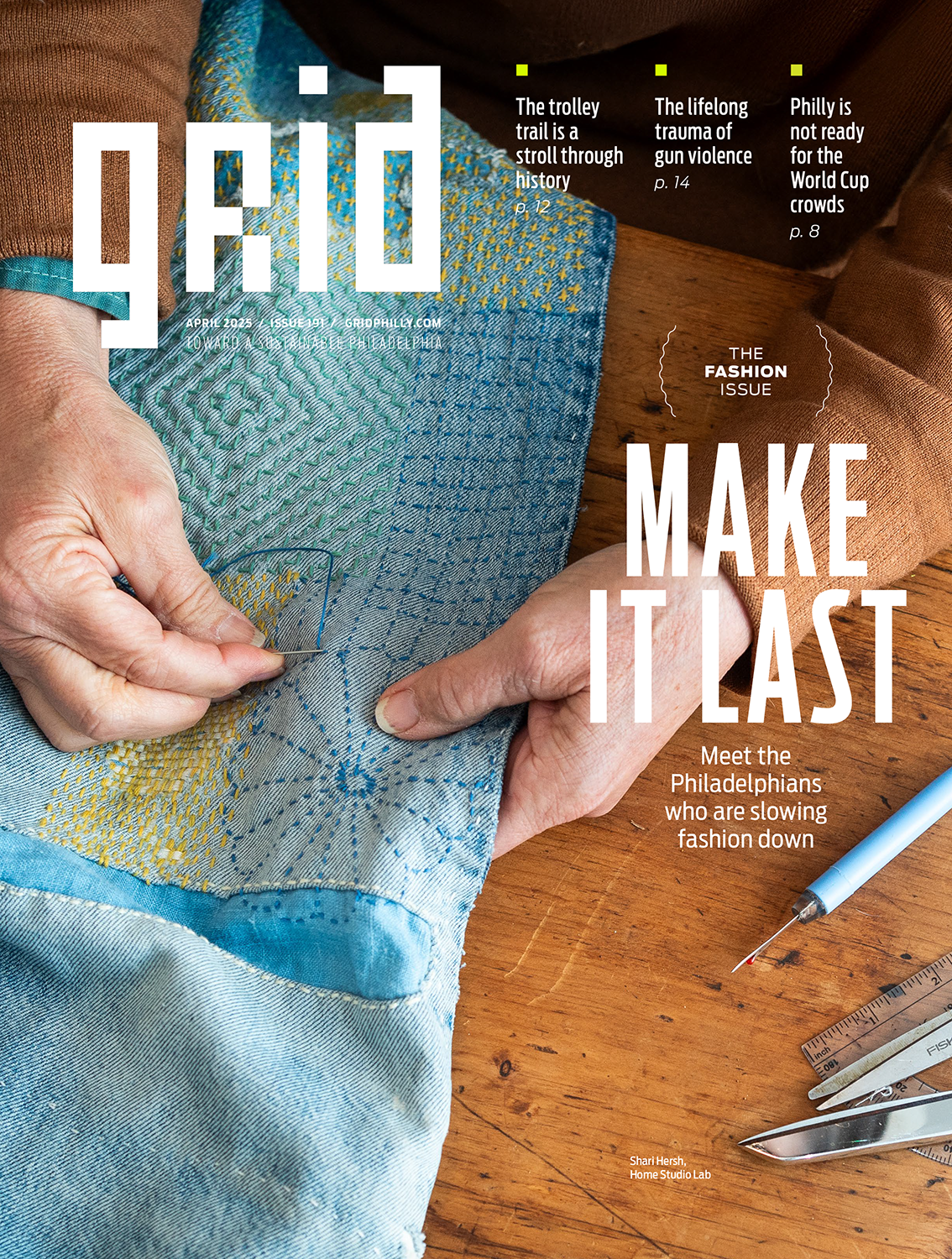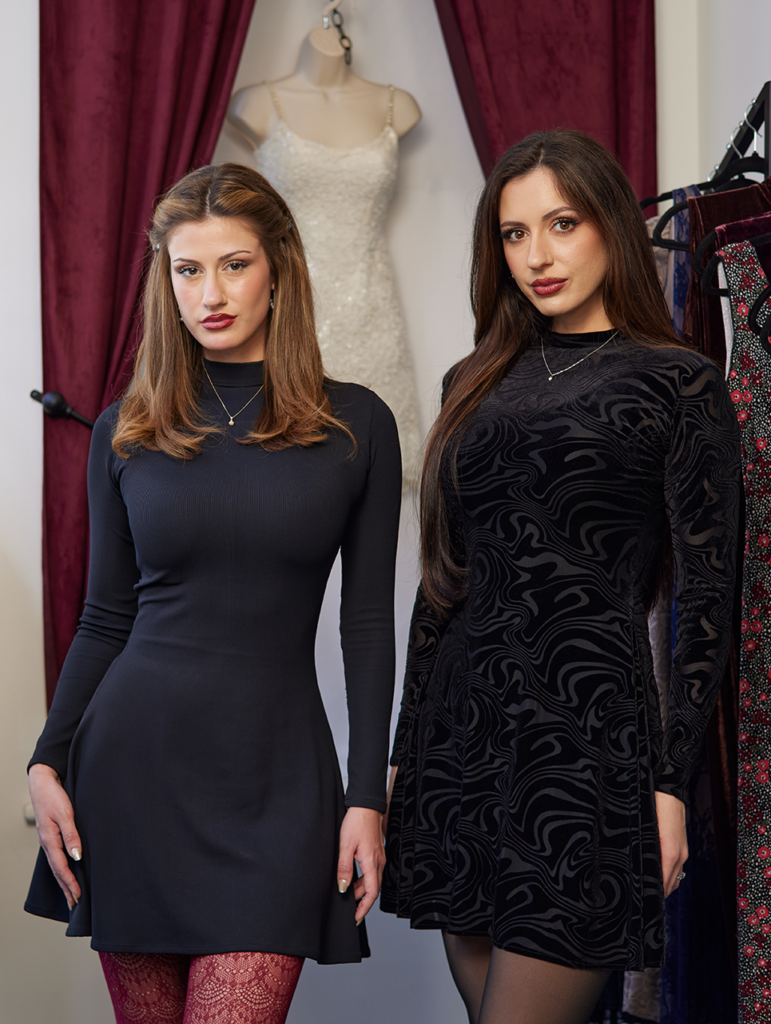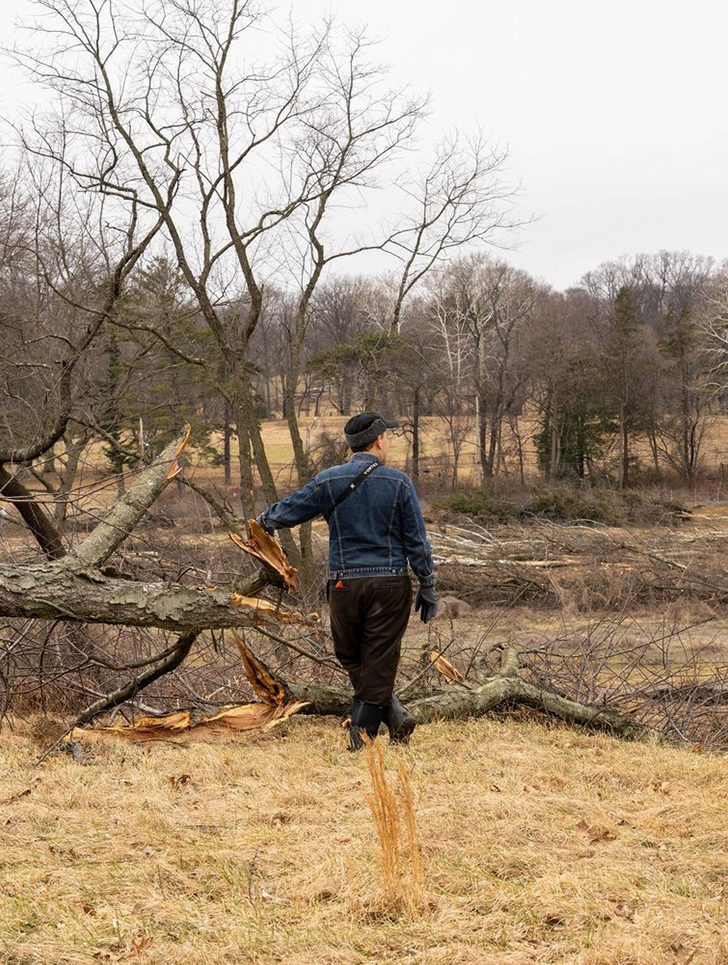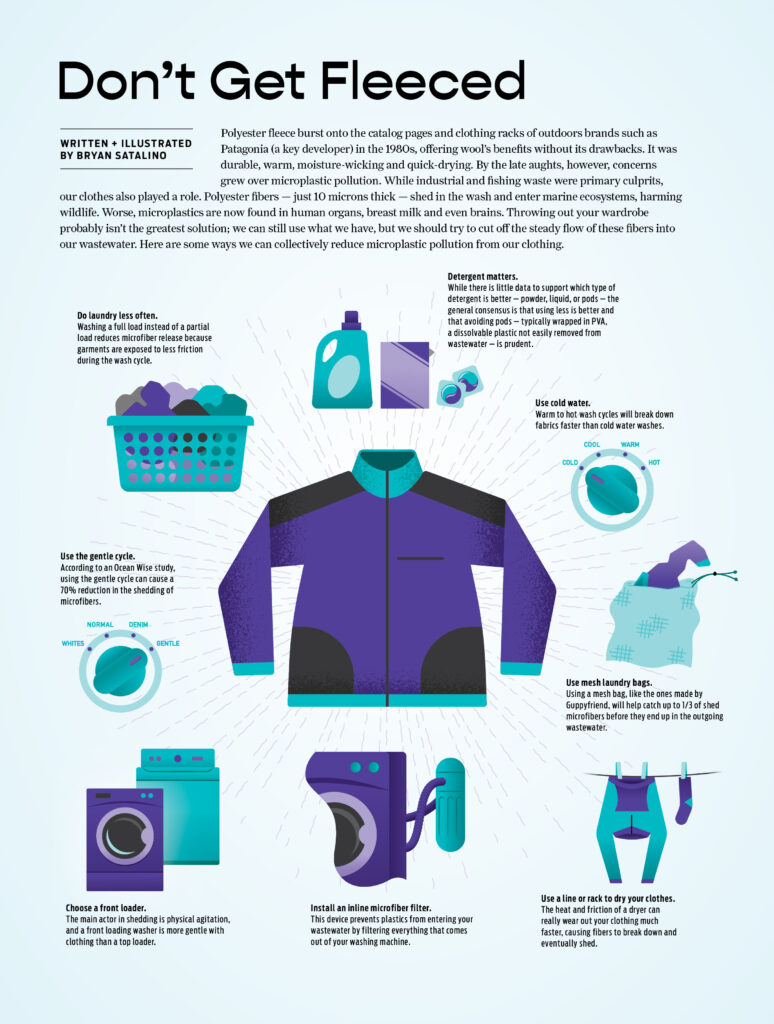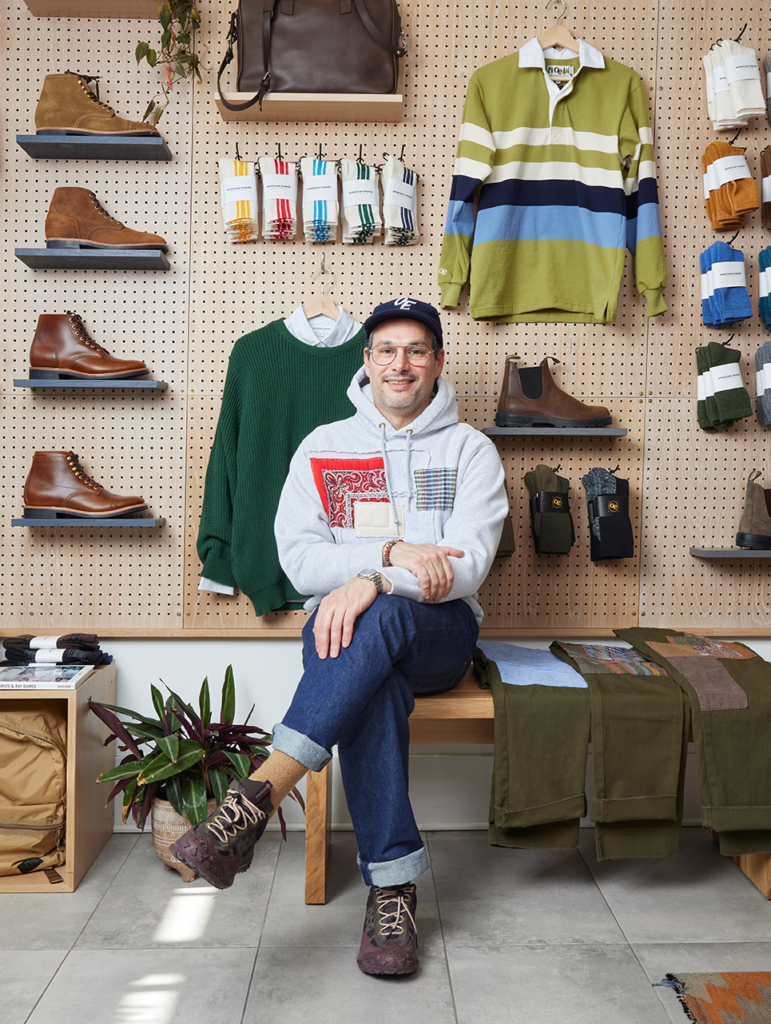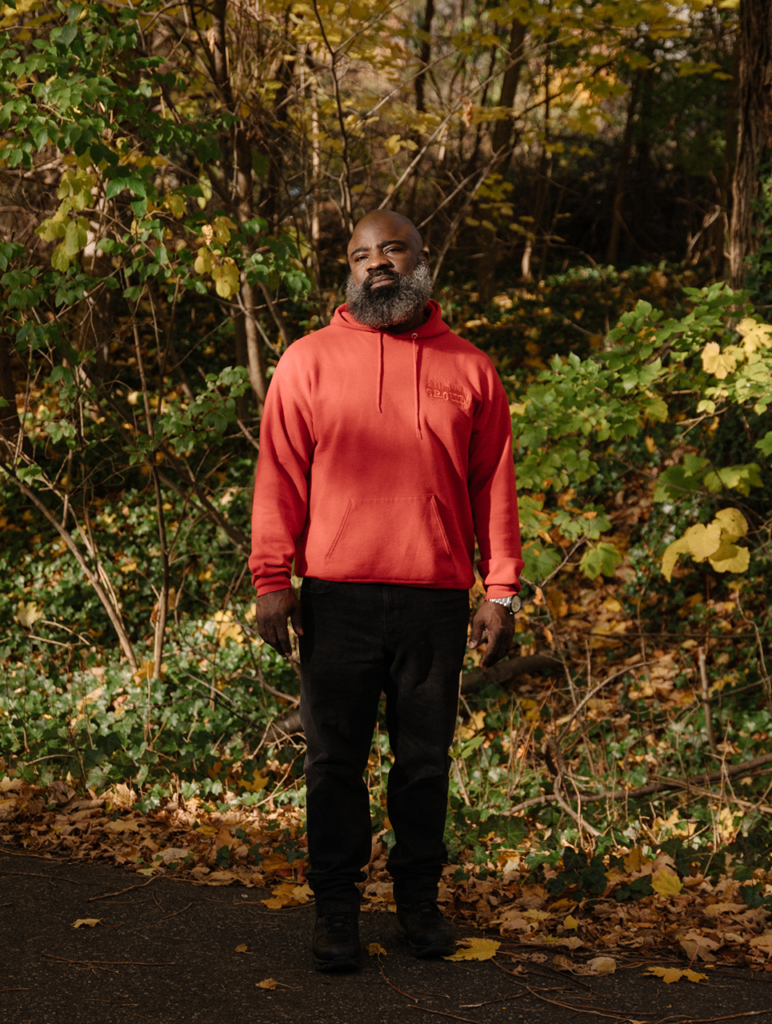The attendees came out for the living birds at the September 22 “Little Sit” held by the In Color Birding Club, the Feminist Bird Club, Philly Queer Birders, Disability Pride Pennsylvania and the Pennsylvania Center for Adapted Sports, but John Eskate showed up with dead birds in his bag. Eskate, the volunteer and civic engagement senior manager for The Academy of Natural Sciences of Drexel University, brought preserved bird specimens from the research collection. He hoped the specimens could provide a link to the ornithological research conducted by the academy’s scientists during the Little Sit (a riff on a Big Sit, which is a birding tradition of observing birds for 24 hours at one location).
Research into microplastics has benefited from such connections between professional and lay science. Bird Safe Philly volunteers collect birds that die in collisions with windows and donate them to the academy, whose scientists study how the tiny plastic fragments work their way through the food web and into the tissues of the birds. To other outdoors events held by Disability Pride, Eskate has brought along birding backpacks from the Free Library of Philadelphia. The backpacks contain binoculars and guidebooks to help novices get started. “I think for any new birders it’s an opportunity to promote the birding backpacks and try them out,” Eskate says.
Eskate and Andrew Kleiner, the academy’s director of community science, have spent the last two years looking for opportunities to connect local naturalists of all stripes with science and to knit Philadelphia’s many nature lovers, and nature groups, together. They have plenty of groups to work with. “You cannot have a weekend that passes without a group doing something,” says Kleiner, who has resolved to take part in a nature activity every Saturday.
On Saturday, April 19, Kleiner could join the Philadelphia Mycology Club at Morris Arboretum, he could attend a mindful birding workshop at the Discovery Center, or he could walk through Tacony Creek Park with the Tookany/Tacony-Frankford Watershed Partnership, just to name a few of the options.
Although there are plenty of ways for Philadelphians to connect with the natural world, the various nature groups often operate in silos, making it harder to advocate for biodiversity and nature access in general. Independent operation also complicates outreach to the general public or schools, whose students aren’t learning just about birds, or plants or mushrooms.
“I thought, what if we figure out a way to network and build partnerships and bring, you know, the mushroom person with the bird person with the creepy-crawly person with the moth person. We’re stronger together,” Kleiner says. In February 2024, the academy did just that. rECOnnect: Philly Nature Night at the Academy brought naturalists from across the communities to gather for an evening of networking, an event repeated this February 28 as Community Science Night at the Academy.
The Academy of Natural Sciences has taken on a leadership role in the City Nature Challenge, a weekend at the end of April in which cities around the world strive to have as many people as possible observing nature and recording data on iNaturalist. (I served on the local challenge organizing committee from 2019 until last year.) The challenge, April 25 to 28, serves as an introduction to nature exploration as well as a hook for dozens of events held by partner organizations, which the academy is helping to publicize while sponsoring some of its own.
Through it all, Eskate and Kleiner will keep making connections. “The academy is one of the organizations where we can serve as a convener, because everyone can come to us,” Kleiner says. “And that’s what I wanted to position our community science to do. We want to amplify the work that’s done in the community.”
